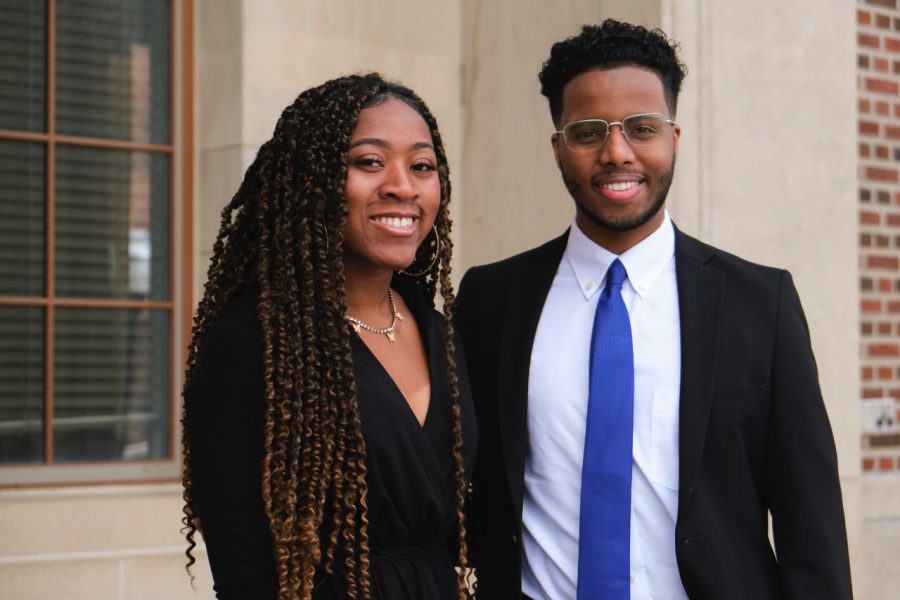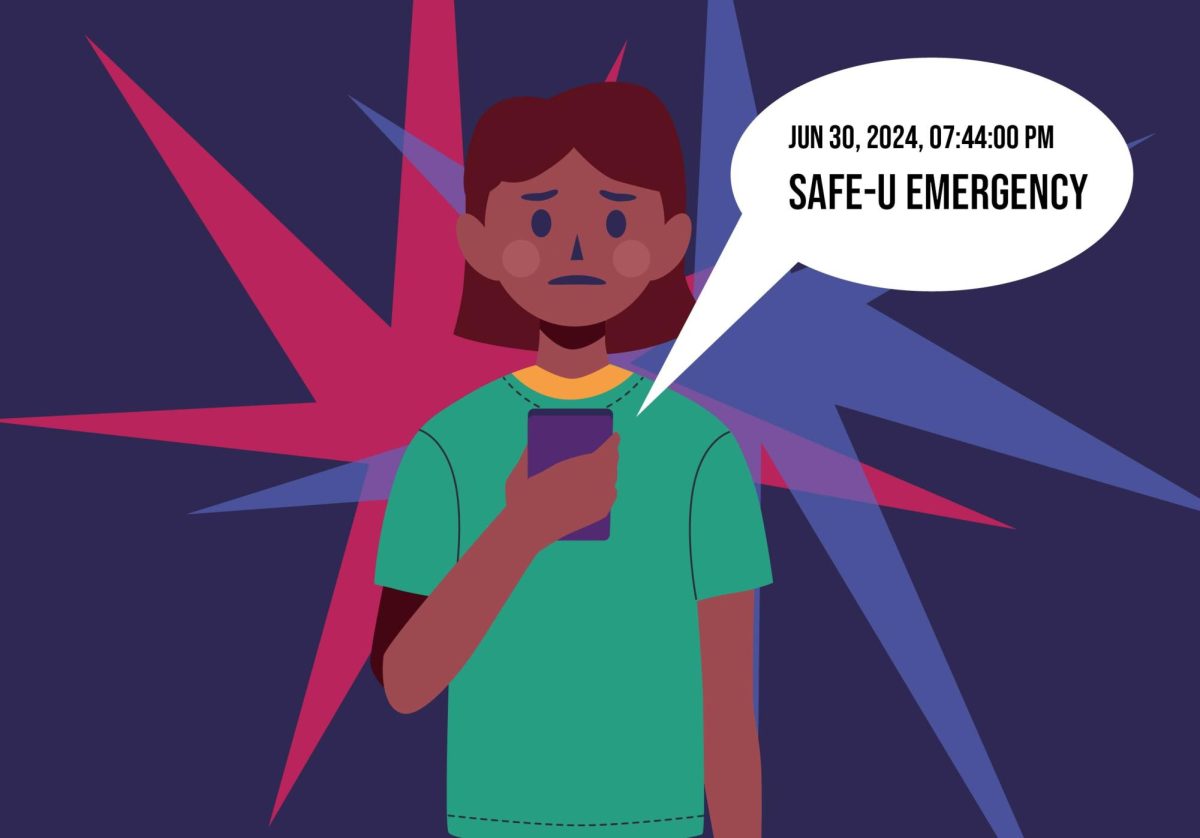As the 2021-22 academic year comes to an end, so does the leadership term of Minnesota Student Association (MSA) President Abdulaziz Mohamed and Vice President Samiat Ajibola.
The pair sat down one last time to talk to the Minnesota Daily about what they have accomplished this year, what they are proud of and what they will remember going forward.
Give me the highlights of what you accomplished this year.
Mohamed: “We have found this to be a very successful year for our student advocacy. We awarded over $40,000 in grants to student organizations. We passed over 19 resolutions and statements of support through our Forum body. We got the Mobile Market on campus, and we’re tackling transit equity through the universal transit pass. The student referendum passed with over 95% approval for a $15 minimum wage. Sami and I set out some lofty goals based on the platforms for our campaign and listening to student groups, and I’d like to think we did a pretty good job.”
Ajibola: “We did a lot of work on making MSA a more inclusive place to be. We reconstructed our first-year program, where instead of it being a process you apply for, we selected everyone. Our sexual assault task force passed a resolution on having more transparency in the process of victim survivors getting more academic accommodations. We also did our “You Are Not Alone” campaign, which was a benefit concert for the Aurora Center and raised almost $1,500. A lot of work cannot be done in one year sadly because there’s so much that happens, so we have carried over a lot of work that is going into the next presidential team.”
Personally, what is the MSA goal you are the most proud of accomplishing this year?
Mohamed: “I would say it would be rolling out the Mobile Market on campus. In our campaign, we talked about food insecurity rates on campus. We brainstormed a lot of ideas on how we could slow down those rates and the Mobile Market was something we didn’t anticipate to be done this year, but I’m happy to say that it was. I’m immensely proud of the food insecurity work we were able to largely do in our organization. More specifically, it was the Mobile Market, but largely it was food insecurity advocacy in MSA.”
Ajibola: “I am so proud of how much work we’ve done outward facing this year. A lot of times, MSA’s work is very internal, but this year we’ve turned to partner with our student body on a lot of campaigns. We partnered with so many people at the University and got to hear them speak on what they are passionate about, and that was beautiful to see. We were able to put our practices into what we were doing and have it not only affect students in the organizations but students everywhere.”
What lesson can you take away from being in the leadership position of MSA?
Mohamed: “There’s a lot of lessons that still need to be learned, but to make sure that you can build meaningful relationships with the people in your life. I think that MSA is a very big organization with a lot of different students and often times it can be very difficult to sit down and speak with each student, not only to hear about their story but to what drove them to be a part of the organization and what drove them to be a University of Minnesota student. I think there are so many stories with students, so just making sure you’re taking the time to build meaningful and intentional relationships is something that I was able to learn in this role and [am] still learning to this day.”
Ajibola: “Sometimes there can be this pressure, like ‘It’s my goal to get all these things done; it’s my goal to advocate for students,’ but there’s just so much to do. I learned that it’s okay to take it one step at a time; it’s okay if you don’t complete every single goal or didn’t make every single student feel accepted. It’s a long battle that cannot be won in a couple of months and that’s something I’ve had to learn how to deal with. There’s so many people who come into this organization, into this role, and have to leave, like I think I’m one of the first vice presidents that hasn’t left the organization in a really long time, and that says a lot to how much work has to go into this. I have to remind myself that it’s okay to not get everything done. We have to put ourselves first because we’re all students first at the end of the day.”
This interview has been edited for clarity and length.





















